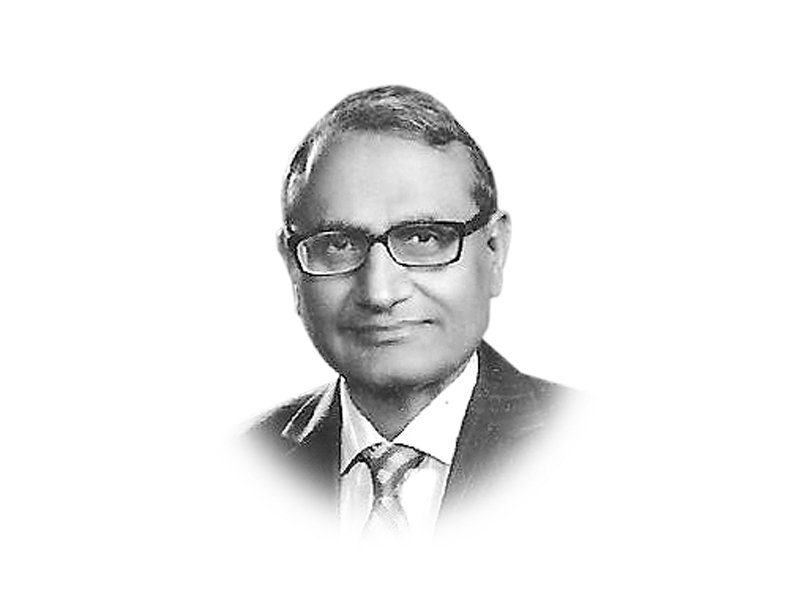
Before the second paper could be finalised, the economic crisis had returned. Soon after its installation, the present political government had to enter into a two-year stand-by arrangement with the IMF for 2008-09 and 2009-10. This had to be abandoned midstream, bringing back the reputation of Pakistan being a one-tranche country. The premature exit also reaffirmed the notion that the establishment at home and in the international financial institutions (IFI) have nurtured over the years that the political class is incapable of managing the economy. As in the past, the economic bureaucracy has been in discussions with the IMF. In February last year, a post-programme monitoring was proposed and concluded by November. Ex-post evaluation of the 2008 stand-by concluded that Pakistan failed to achieve sustainable fiscal consolidation. Any future assistance would require stronger ownership and broad political support for economic reform. It seems the looming transition is not an easy read for the establishment at home and in the IFIs. The political class has made an attempt to ensure that the caretakers will focus on elections rather than economic reform. But the establishment has not given up, though. There is more to the Qadri game than meets the eye.
Published in The Express Tribune, January 18th, 2013.
COMMENTS (4)
Comments are moderated and generally will be posted if they are on-topic and not abusive.
For more information, please see our Comments FAQ

















PT and others,
Pakistan does not have the luxury of chosing the right time and the right set of political circumstances! We all know the economy is once again, in a painful repeat of the past, headed for the drink.
Bur we don't know WHEN the next crisis will hit.
So if our FX reserves continue to fall and we are left with an import cover of only a few weeks, what choice would we be left with?
In the meantime, perish the thought that the government might do something to forestall the next crisis by implemnting some adjustment measures that would reduce excess demand pressures, starting from the fiscal side.
We have witnessed almost five years of virtual policy-paralysis.
No, No! Maybe IMF should wait the next government to see if it can commit to anything. IMF is insisting that all political parties agree/accept terms.
@John B:
"The political class has made an attempt to ensure that the caretakers will focus on elections rather than economic reform"
How can an unelected caretaker government commit Pakistan and its 180 million citizens to an agreement with IMF? Surely the Pakistani people have a right to weigh in on the parameters of the agreement through their elected representatives?
Most democracies do not even HAVE the concept of interim governments. But if such a body exists, how can its mandate be anything other than facilitating the EC in holding free and fair elections?
Perhaps, this time IMF could wait for the new government to be sworn in before agreeing to anything from the care taker government whose only mandate is election.